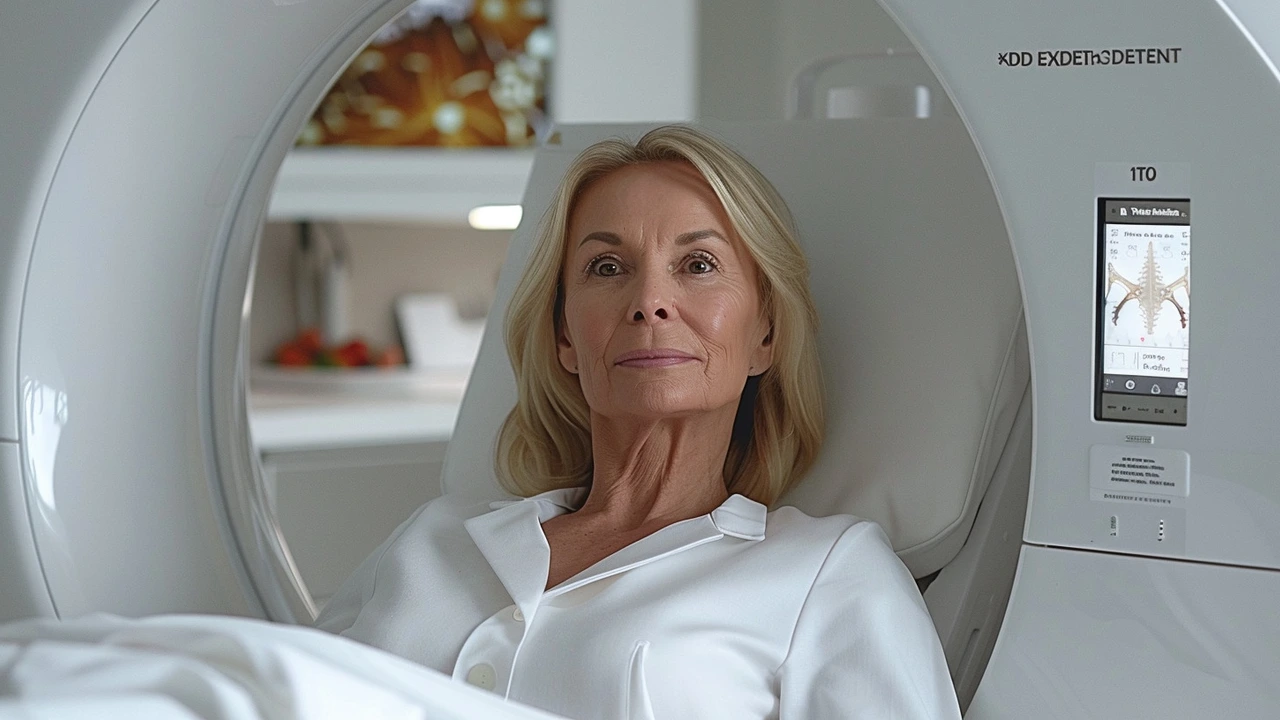Osteoporosis: How to Keep Your Bones Strong
Osteoporosis is a condition that weakens your bones, making them fragile and more likely to break. It's not just something older people get—while it's more common with age, certain lifestyle habits and health issues can increase your risk earlier in life. You might not notice anything at first because bone loss doesn’t hurt until a fracture happens. That’s why understanding osteoporosis matters—it helps you act before serious problems occur.
Who’s at Risk and Why?
Women, especially after menopause, are more likely to develop osteoporosis because their bodies produce less estrogen, a hormone that protects bones. But men aren’t safe either. Other risks include family history, smoking, excessive alcohol, low calcium and vitamin D intake, and lack of exercise. Some medications and medical conditions can speed up bone loss too. Knowing your risk factors means you can work with your doctor to keep your bones healthy.
Preventing and Managing Osteoporosis
Building strong bones starts early, but it’s never too late to make a difference. Eating foods rich in calcium and vitamin D, such as dairy, leafy greens, and fortified products, helps maintain bone strength. Weight-bearing exercises like walking, jogging, or resistance training stimulate bone growth and slow loss. Avoiding smoking and limiting alcohol also help. When necessary, doctors can prescribe medications that slow bone breakdown or help build new bone.
If you’ve had fractures or are at high risk, regular bone density tests can track changes and guide treatment. Simple changes like improving balance and your home setup can reduce falls, which cause most fractures in osteoporosis.
Understanding osteoporosis means taking control—your bones don’t have to break your lifestyle. With the right steps, you can stay active and pain-free.

Understanding the Vital Role of Bone Density Testing in Catching Bone Loss Early
Bone density testing is crucial in identifying early signs of bone loss, which can lead to conditions like osteoporosis. This article covers the significance of these tests, how they work, their benefits, and tips for maintaining healthy bones. Early detection through bone density tests can help in managing and preventing severe bone-related health issues.
Read More